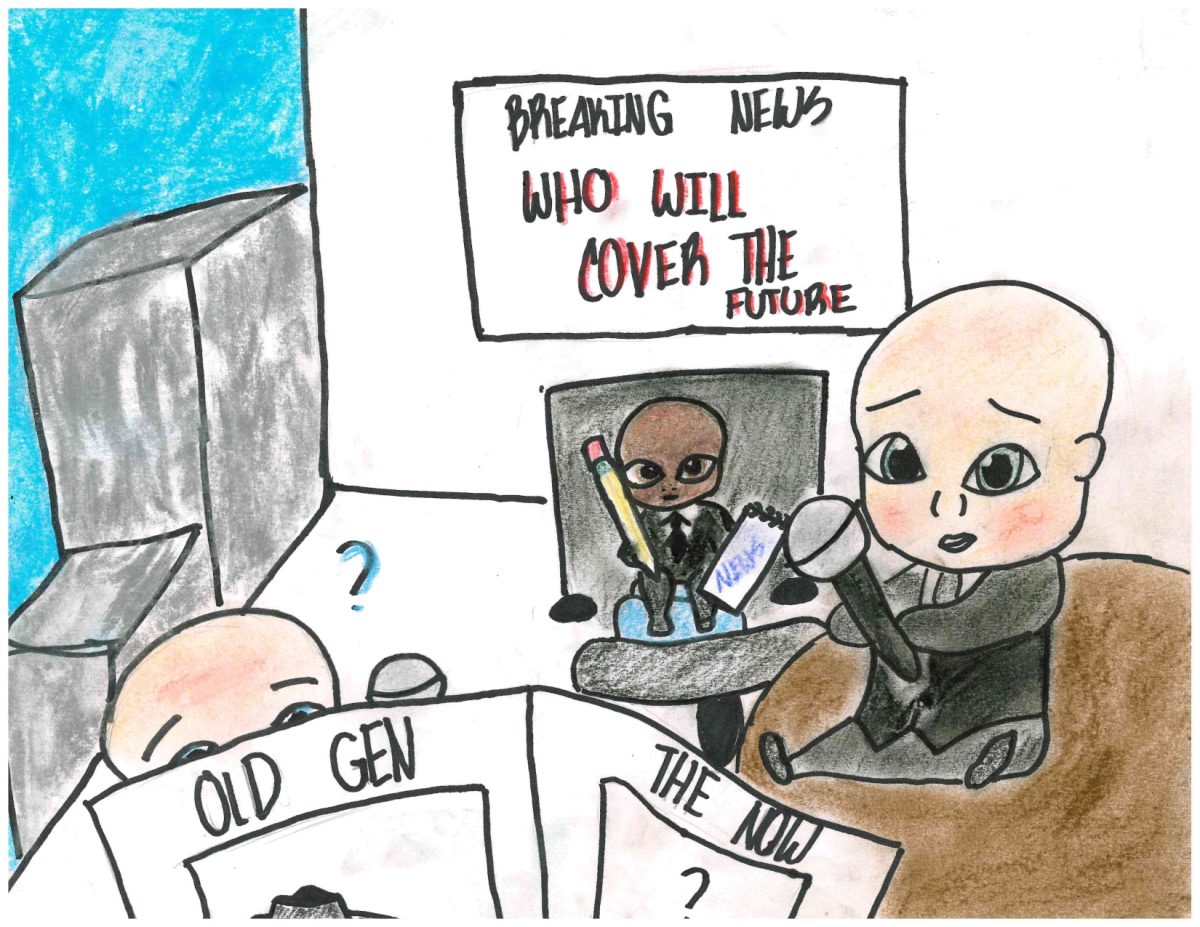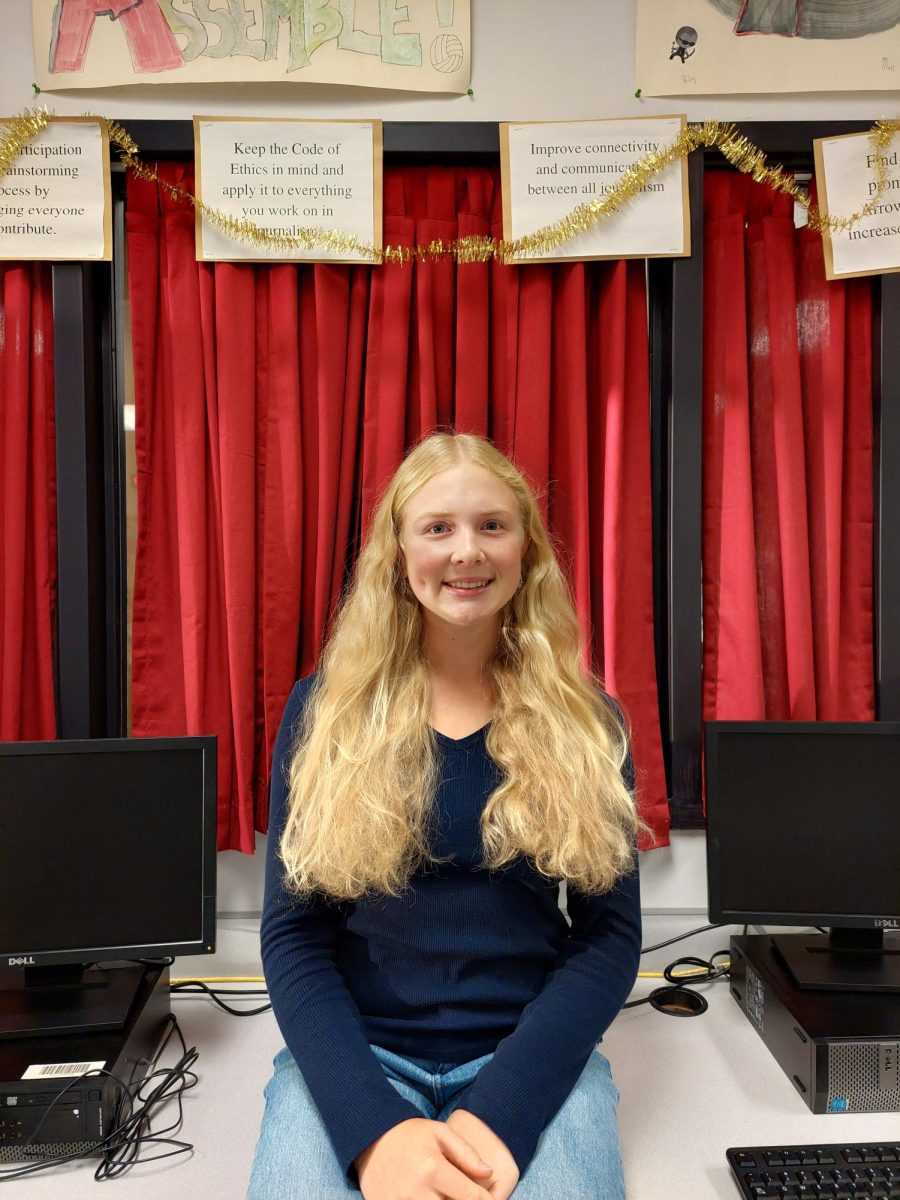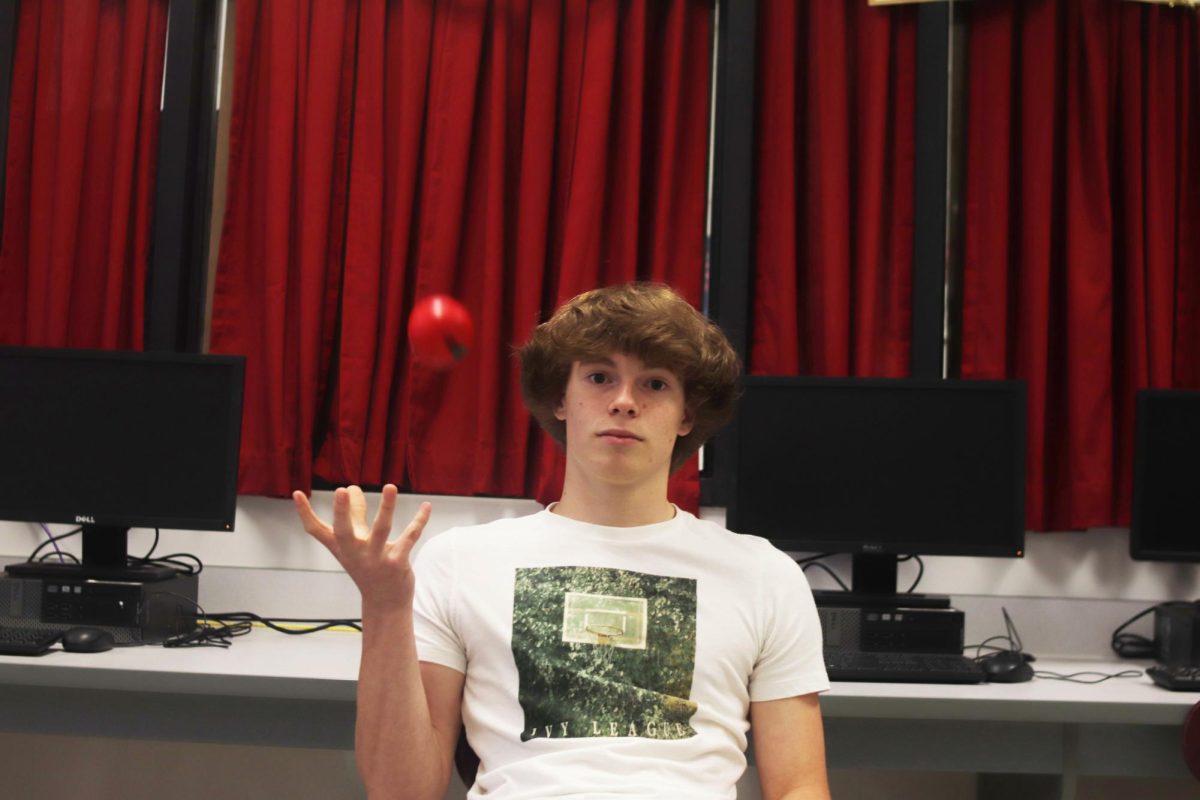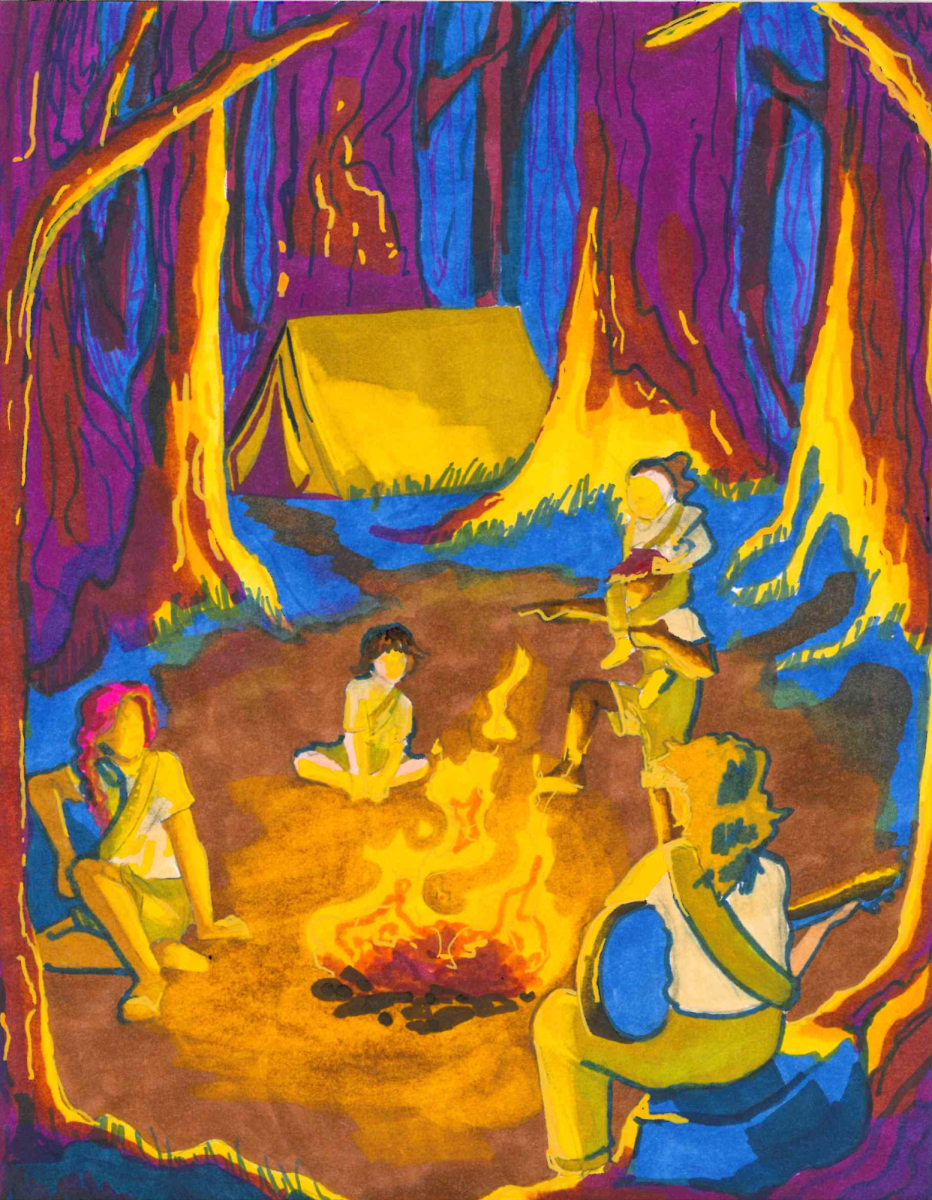With poor representation in media and harmful stereotypes continuing to be spread, there is a lot of work to be done in the correction of the spread of toxic ableism. The neurodivergent community deserves more respect than this.
While there have been improvements made in race, LGBTQ+ and gender representation, the internet hasn’t taken the time to discuss the need for neurodivergent and autistic representation.
To be neurodivergent means to have a brain and thought process that doesn’t work like most others around you, who may be defined as neurotypical. Examples of neurodivergent people would include people with autism, Asperger’s syndrome, dyslexia, ADHD and many other neurological conditions.
Of course, this does not mean that neurodivergent people are any more or less intelligent than their neurotypical peers, it just means that they walk through life with a different perspective.
Let’s examine a recent movie that has gained a lot of backlash due to its poor portrayal of an austistic character: Music. Written and directed by singer/songwriter Sia, this film shows a woman’s struggle, as she becomes the guardian of her autistic younger sister, Music.
In the film, Sia has the actress portray outdated, offensive and stereotypical body movements and facial expressions that are commonly associated with autism. And to make things worse, Music is played by a non-autistic, neurotypical girl.
One scene that especially offended neurodiverse audiences was when the main character had a meltdown, which would be a normal response that an autistic person may have to a stressful situation.
The issue with the scene was that the director had the other characters restrain Music and hold her down, which is the last thing that anyone should do when an autistic person experiences a meltdown.
This makes people believe that these episodes are something wrong or bad that should be punished when, in reality, people cannot control them and they should be handled with care, not punishment or force.
Producing a movie like this can be very damaging, as it creates more fear and distance between neurotypical and neurodivergent people and spreads misinformation.
The fact that, when confronted with these concerns, Sia refused to apologize and see the issues shows that she does not care about representation. She is indirectly saying that she only cares about making money off a community that she refuses to understand or accept constructive criticism from.
Moving on from this poor excuse of a movie, there are a few examples of accurate, positive representation of neurodivergent people in the media. Two shows that really stick out are Netflix’s Atypical and ABC’s The Good Doctor.
While the characters in these shows are played by neurotypical actors, the roles are handled with care and heavily researched for accuracy. These programs, along with many others, have been cited by The Autism Research Institute as recommended TV shows that deal with autism.
While these shows are good, what we really need are shows and movies that use autistic actors to play autistic characters. While we have made some advancements, with shows like “Love on the Spectrum,” which follows autistic adults as they navigate the dating world, we need less documentary-style media and more inclusivity in regular pop culture.
Let’s see a movie or TV show that is able to work an autistic character into the script without that being their defining trait. This is a vast community of people and the representation that they have been looking for is long overdue.
We need to do better.
Ableism in media is inexcusable, ignorant
As the world progresses with equality among races and sexes, there is a large community of autistic people who have been long overlooked. It’s time for this to change.
0
More to Discover
About the Contributor
Miranda Razzi, Co Editor In Chief






